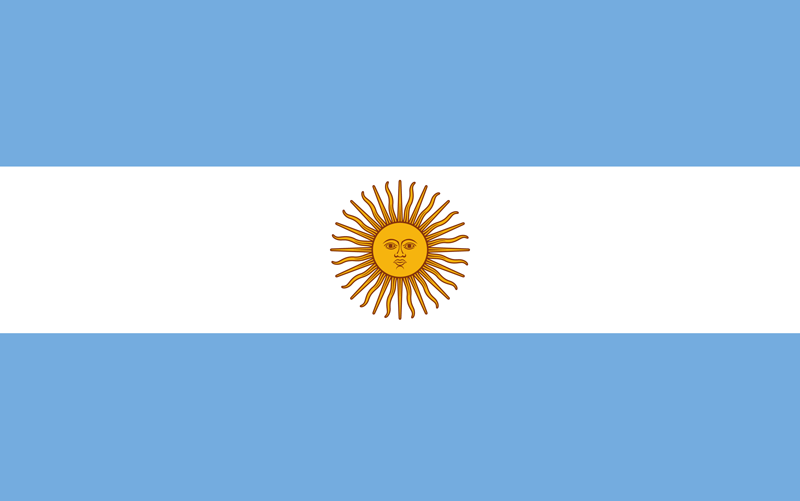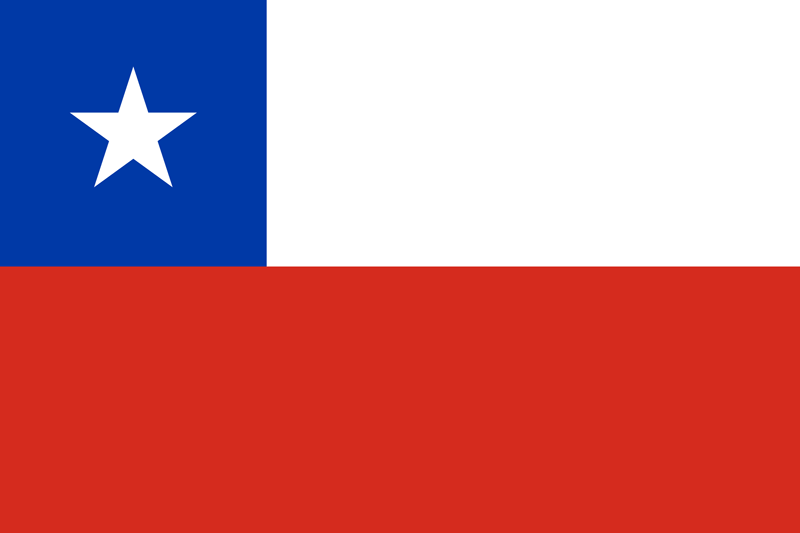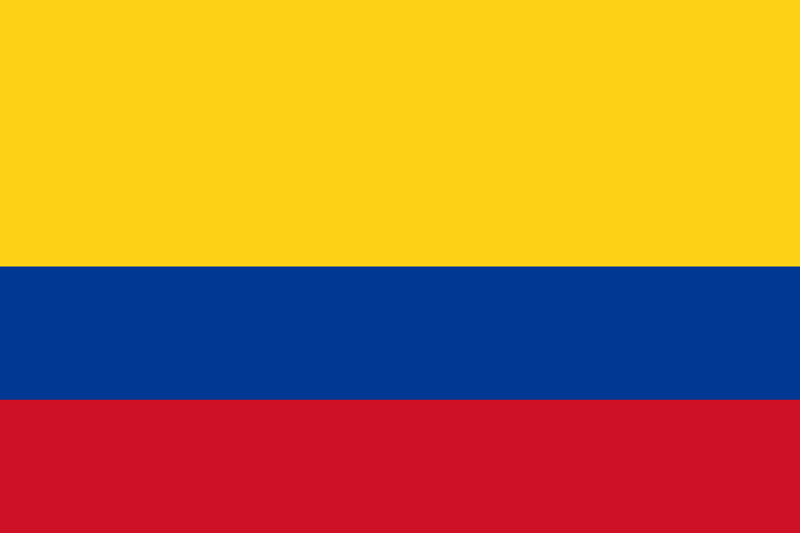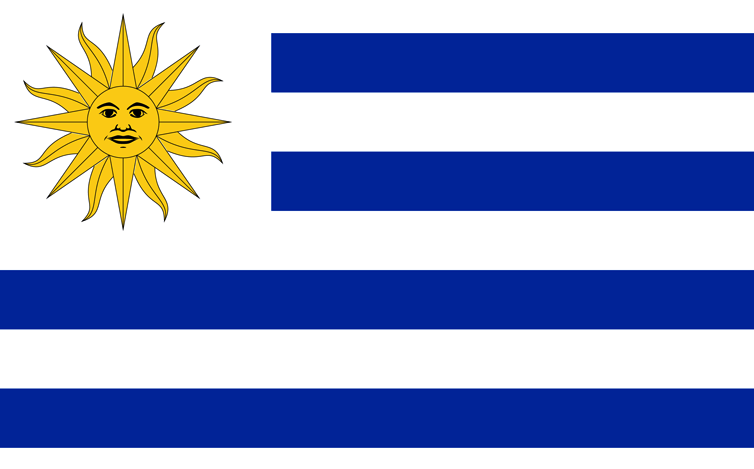VENTUS BUSCA HACER HISTORIA
- 6 de mayo de 2017
[tp lang=»es» not_in=»en»]
Apunta a convertirse en el primer operador privado que exporta energía hacia Argentina.
El actual excedente de energía permite a Ventus diversificar el modelo de negocios.
[/tp]
[tp lang=»en» not_in=»es»]
It aims to become the first private operator to export energy to Argentina.
The current surplus of energy allows Ventus to diversify its business model.
[/tp]
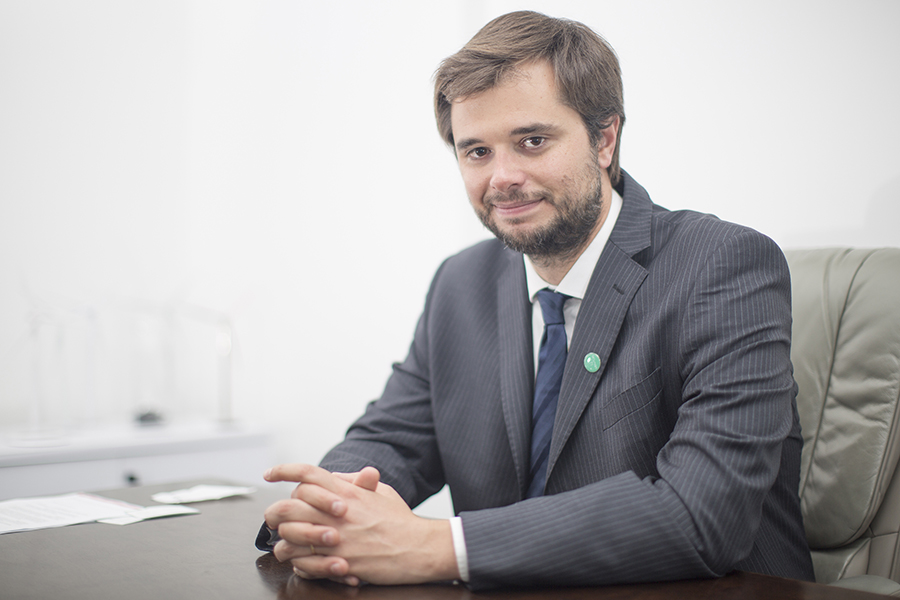
[tp lang=»es» not_in=»en»]
Luego de una fuerte inversión en parques eólicos, Uruguay logró cambiar su matriz energética y en pocos años pasó de ser un importador de energía a generar excedentes que actualmente le permiten vender al exterior. Hasta el momento, la empresa estatal UTE es la que ha recorrido este camino en el que hoy aparecen nuevos actores, como la empresa de energía eólica Ventus que se alista para concretar la primera exportación de un operador privado. Uno de sus directores, Francis Raquet, señaló las oportunidades y desafíos que presenta este nuevo modelo de negocios.
¿Cuál es la situación del mercado eléctrico?
Hoy hay una sobreoferta de energía. Las lluvias que se registraron en los dos últimos años, sumado a la fuerte inversión en energía eólica tuvo como consecuencia que el precio spot bajara mucho. Este exceso nos permite a nosotros diversificar nuestro modelo de negocios y apuntar hacia la exportación, y venta en el mercado interno a grandes usuarios.
¿Qué lugar ocupa Ventus en el mercado?
Hemos participado brindado servicios en la mitad de los megavatios eólicos instalados en el país. Actualmente operamos 76 MW eólicos distribuidos en 8 parques construidos en modalidad EPC. Para tener una referencia, estos parques generan energía suficiente como para abastecer a la ciudad de Salto o a 30 grandes industrias.
¿Cuándo concretarán la primera exportación?
Recientemente, el Ministerio de Industria, Energía y Minería (MIEM) nos autorizó a exportar energía eólica hacia Argentina. Ahora estamos realizando gestiones y ultimando los detalles para poder concretar la exportación lo que nos convertiría en la primera empresa privada uruguaya en vender energía eléctrica al exterior.
¿Hay espacio para vender energía en el mercado interno?
Ya tuvimos la oportunidad de realizar una venta interna a Fanapel, pero lamentablemente la empresa cerró y no se pudo concretar. De todas formas seguimos trabajando para poder llevar adelante contratos similares con otros privados grandes consumidores, como lo establece la legislación vigente.
Uruguay ha logrado cambiar su matriz energética. Sin embargo no se han bajado los costos de la tarifas ¿Cuál es su opinión al respecto?
Las energías renovables, como la eólica, permitieron bajar los costos fuertemente, sin embargo esta mejora por decisiones políticas se destinó a rentas generales. En 2016, UTE ganó US$ 404 millones de los cuales US$ 225 fueron a rentas generales. Por eso seguimos pagando la tarifa más cara de la región.
Fuente: Diario El País – Suplemento Especial
[/tp]
[tp lang=»en» not_in=»es»]
After a strong investment in wind farms, Uruguay managed to change its energy matrix and went from being an energy importer to generating surpluses that currently allow the country to sell energy abroad. So far, UTE, a state-owned company, is the one that has participated in this activity but today new players have emerged.
Ventus, a renewable energy company and private operator, is ready export. One of its directors, Francis Raquet, pointed out the opportunities and challenges presented by this new business model.
What is the situation of the electricity market?
Today there is an oversupply of energy. The rains that occurred in the last two years, coupled with the strong investment in wind energy, lowered the energetic spot price. This excess allows us to diversify our business model, aim to the export, and expand sales to large users in the domestic market.
What place does Ventus occupy in the market?
We have participated in services that array half of the wind megawatts installed in the country. Currently we operate 76 MW wind power, distributed in 8 parks built in EPC mode. To gain perspective, these parks generate enough energy to supply the city of Salto or 30 major industries.
When will the first export take place?
Recently, the Ministry of Industry, Energy and Mining (MIEM) authorized us to export wind energy to Argentina. Now we are making efforts and finalizing the details to be able to complete the export; this would make us the first Uruguayan private company to sell electric energy abroad.
Is there room to sell energy in the domestic market?
We already had the opportunity to make an internal sale to Fanapel, but unfortunately the company closed and could not materialize. In any case, we continue to work in order to carry out similar contracts with other large private consumers, as established by current legislation. Uruguay has managed to change its energy matrix. However, the costs of the tariffs have not been lowered.
What is your opinion?
Renewable energies, such as wind, allow to reduce costs strongly; however, by political decision, this improvement was destined to general rents. In 2016, UTE earned US $ 404 million of which US $ 225 went to general income. That is why we continue to pay the most expensive rate in the region.
Source: El País Journal – Special Supplement
[/tp]
